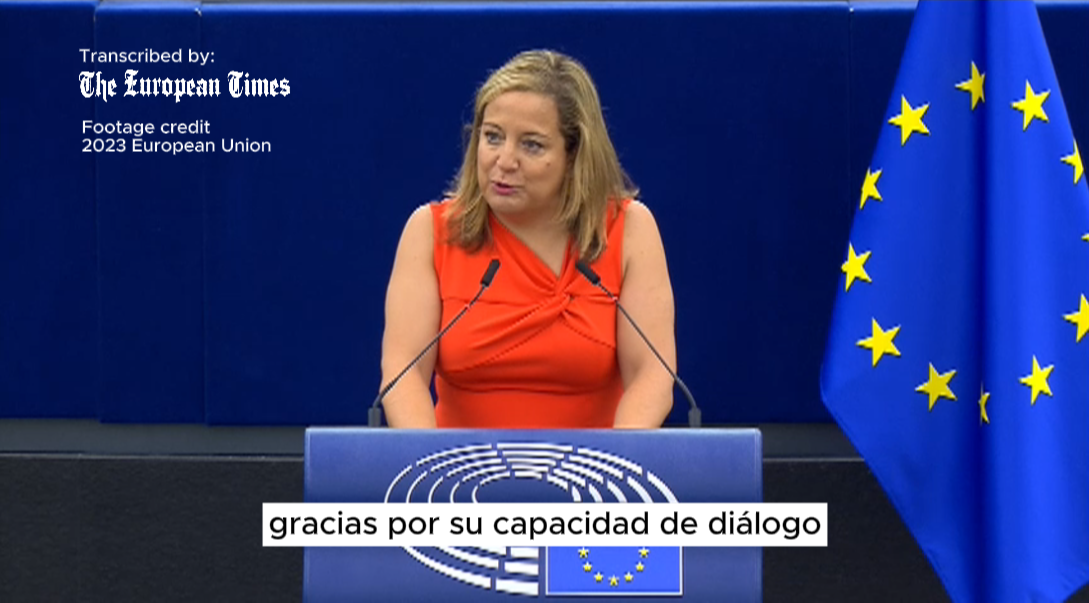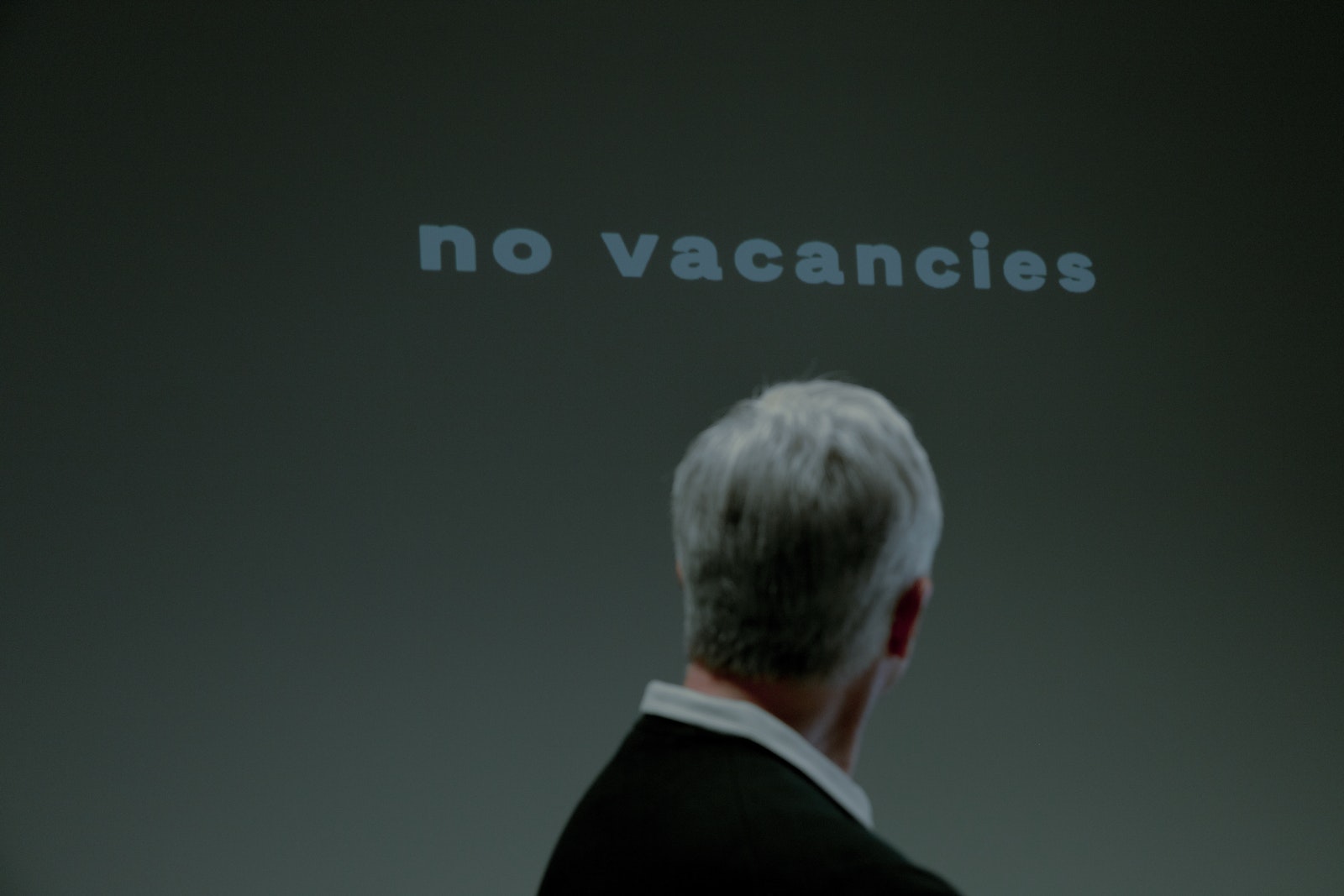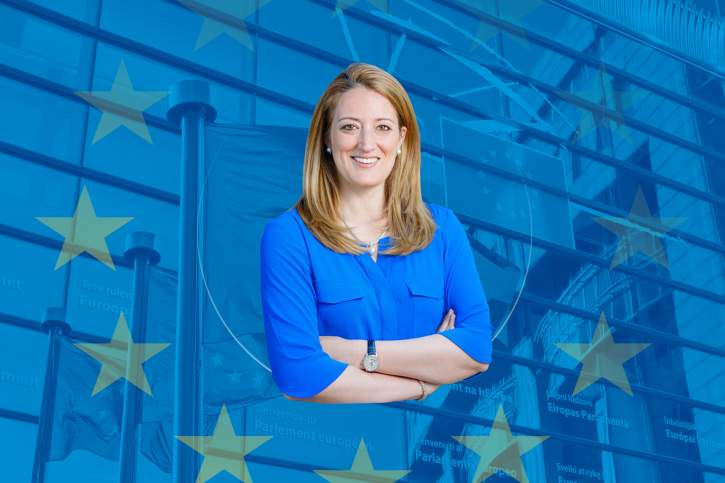In the final State of the European Union debate, MEP Iratxe Garcia, from the Socialists and Democrats, commended the collaborative efforts of President von der Leyen and the commissioners. Garcia highlighted the unity and solidarity demonstrated in response to the 2008 financial crisis and recent global events including the pandemic and Russia’s war against Ukraine. The leader of the Socialists at the European Parliament emphasized the need for reindustrialization, ecological transition, and the reform of the electricity market. She also called for more commitment to the social pillar, addressing issues like inflation, high interest rates, gender-based violence, and social justice.
Full transcript:
Thank you, Madam President. We are attending the last debate of the Legislature on the Union, which is taking place at a time of profound change.
President von der Leyen, Commissioners, thank you for your capacity for dialogue in order to reach a consensus. We in the Socialists and Democrats Group are very proud to have contributed and to have led historic decisions that have put Europe back at the heart of our citizens.
The response to the financial crisis in 2008, weighed down by the austerity policy imposed by the right, the response to the pandemic and Russia’s war against Ukraine, led by social democracy, has been marked by unity and solidarity. Our main priority now must be to push for re-industrialisation to ensure open strategic autonomy, with an eye on Africa and Latin America.
Alongside reindustrialisation, we must make progress in the ecological transition. Curbing the effects of climate change is a legal obligation and a moral obligation. We must promote the reform of the electricity market to accelerate the deployment of renewable energies and reduce electricity prices.
Mrs Von der Leyen, in the face of climate denialists, it is crucial that today you have broken your silence with a clear message of support for the Green Pact, committing to push for laws to restore nature and air quality. We will pay close attention to seeing that these statements are delivered.
But to create wealth and new opportunities, we need to consolidate the social pillar and on that, Mrs von der Leyen, I would have liked to hear more commitment. Inflation, high-interest rates, rising mortgage rates making it difficult to make a fair living, public housing as a right and not as a commodity for speculation, parity in employment, a ban on unpaid internships, a minimum living income and an anti-poverty strategy with binding targets must become a reality.
And we must also protect women who suffer gender-based violence. Mrs von der Leyen, I agree with your statement about “No is No”, of course I do. And now it is time to take a step forward and include violence against women in the list of crimes in the European Union. Our fight for justice is unwavering because social cohesion not only dignifies people but allows us to act with weight and a voice in the world.
Today we are united in the face of the aggressor. Putin is a criminal who will spend his last days in an international court and the Commission must come forward without further delay with a proposal to invest the frozen Russian assets in the reconstruction of Ukraine.
We are united, but let us not become complacent. It is time to strengthen the unity of the European Union. We must speed up decision-making towards a qualified majority and we must also continue to support the other countries in our neighbourhood that want to unite their destiny with that of the European Union.
And while we face the main challenges, we need to solve other challenges that will mark the future of Europe: the Migration and Asylum Pact to prevent the loss of lives in the Mediterranean. And let me say one thing here, Mrs von der Leyen, European taxpayers’ money cannot end up in the pockets of governments that are attacking people’s fundamental rights.
We need a permanent fiscal capacity to deal with future crises, reform of fiscal rules, and more social justice….
We need an economy that is not only more competitive. It is not enough just to grow economically. That economic growth has to translate into people living better, into benefits being distributed for all and not privileges for a few.
Ladies and gentlemen, in the European Union we are living a life project that has built the best place for democracy, rights, equality and solidarity, and today the alliance of the right and the extreme right represents a complete failure that is heading towards regression.
Mr Weber, in politics it is essential to be coherent, and being coherent means matching words with deeds. You cannot appeal to and refer to the Von der Leyen majority and then add your votes to those of the extreme right in order to form governments and to form majorities in this Parliament. That cannot be done.
But there is no going back. There is no turning back. We will continue to build a prosperous, open and inclusive union. A union proud in its plurality and diversity, a union that embraces the rule of law, steadfast in the fight for equality and social justice, a union of tolerance and progress.
There is always time for a dream. Seventy years ago, Europe dreamt its best destiny and made it a reality. Today, another year on, we live that dream. Let us continue to make it a reality. Thank you very much.














